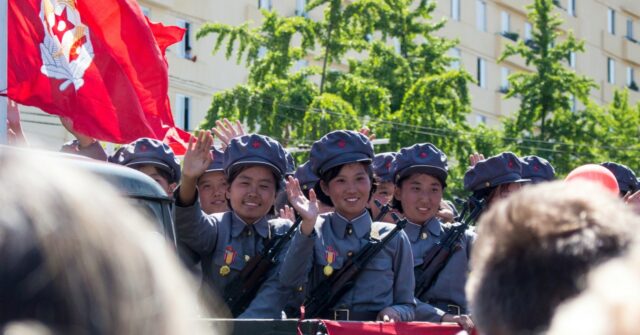Tensions surrounding the potential deployment of North Korean troops to support Russia in its invasion of Ukraine have escalated significantly, prompting concerns from NATO and South Korean officials. NATO’s new Secretary General, Mark Rutte, recently engaged in discussions with South Korean President Yoon Suk Yeol to address the possible ramifications of such a deployment. During their talks, Rutte emphasized that sending North Korean forces to Ukraine would not only violate international sanctions but would also constitute a serious escalation of the conflict. He warned that this action could increase the risk of other outside parties getting involved militarily, further complicating the already volatile situation.
Seoul’s Vice Foreign Minister, Kim Hong-kyun, echoed these concerns, declaring North Korea’s potential deployment a breach of United Nations resolutions and a direct threat to regional and global security. Kim condemned any illegal military cooperation between North Korea and Russia, stressing the need for a coordinated international response to protect core security interests. The potential deployment has been a topic of discussion for weeks, but recent claims have begun to solidify reports regarding North Korean troop reinforcements for Russia’s military efforts in Ukraine.
While details on the troop numbers and their roles remain fluid, reports suggest that North Korea could be preparing to send a contingent of approximately 1,500 troops, with estimates of potential total forces ranging from 10,000 to 12,000 soldiers. This information has prompted NATO to request assistance from South Korea to bolster its intelligence regarding North Korean military presence in the region. In response to these developments, South Korea has committed to sending a delegation to Europe for consultations and has also taken diplomatic action by summoning the Russian ambassador to protest the alleged military collaboration.
Russia has maintained a measured stance regarding the situation, refraining from confirming or outright denying the presence of North Korean troops in Ukraine. Government spokesman Dmitry Peskov noted the close partnership between Russia and North Korea and asserted that developing relations in all spheres is a sovereign right of Russia. This ambiguous position allows Russia to navigate the precarious political landscape while still seeking to strengthen its ties with North Korea amid ongoing sanctions and international scrutiny.
Ukrainian President Volodymyr Zelensky has also voiced concerns about the bolstering alliance between Russia and North Korea. He emphasized that North Korean troops engaging in combat alongside Russian forces signifies a dangerous shift in the nature of this conflict. Zelensky has warned that if the international community remains passive in the face of this development, the situation in Ukraine could become dire, potentially leading to a prolonged conflict where North Korean forces are routinely encountered on the battlefield. This highlights a sense of urgency for global leaders to address the evolving nature of the war.
Recent intelligence released by South Korea has lent further credence to these escalating concerns, featuring evidence that North Korean soldiers have indeed begun receiving Russian military equipment. This further complicates the dynamics of the Ukrainian front and heightens the stakes for the international community. With various actors now involved, the intricate web of alliances, military capabilities, and geopolitical interests necessitates vigilance and collaborative efforts to address the potential consequences of North Korean troop deployment to Ukraine, as the delicate balance of power continues to shift.

